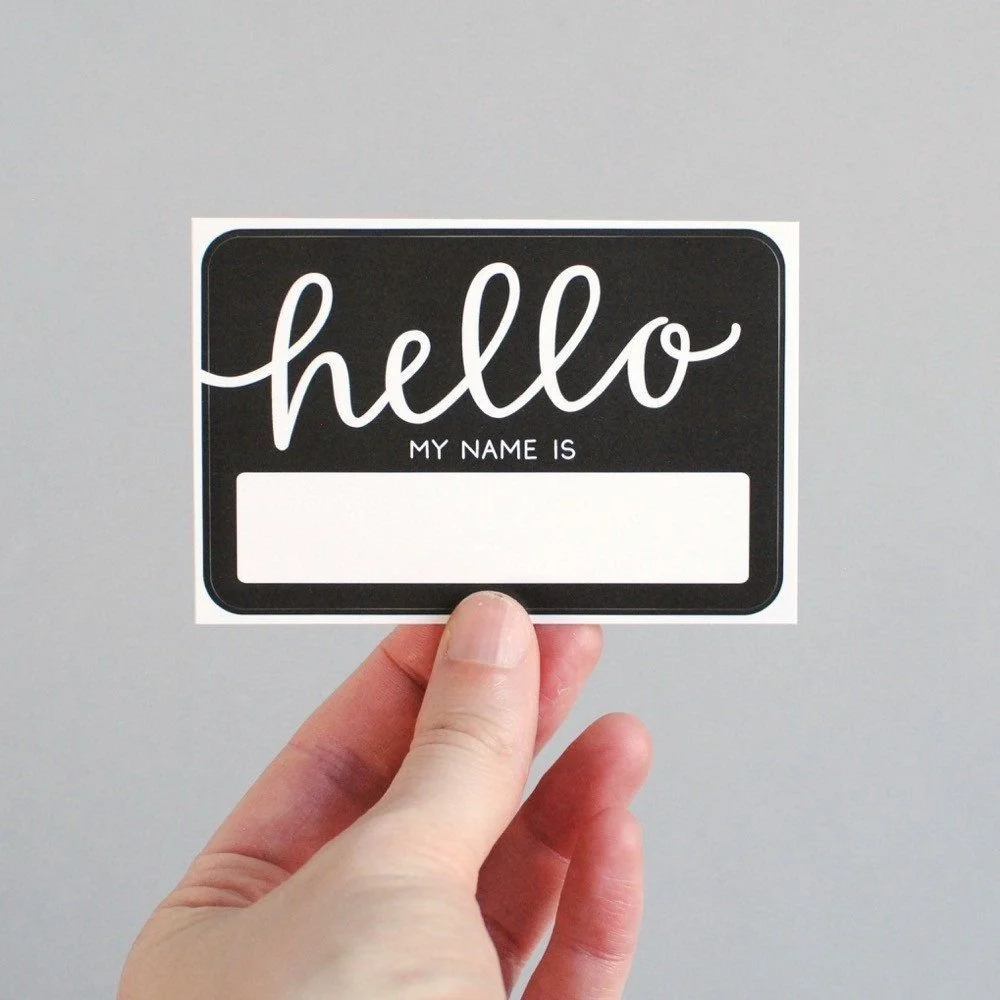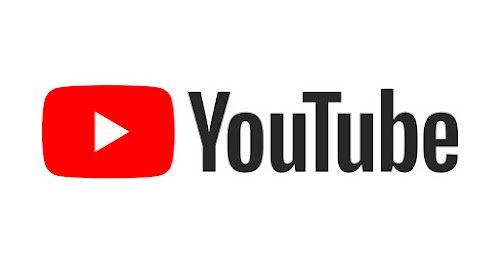On Labels and Living Alcohol-Free
/It's tricky, the labels. I’m not an alcoholic, and I’m not “sober”.
Last summer, I made the decision to stop drinking alcohol. For a decision deemed drastic by society writ large, I left my drinking days behind not with a bang, but a whimper. Through a high school friend on Facebook I discovered Gruvi drysecco, decided it was as enjoyable as an alcoholic drink but healthier, and that was the end of it.
It wasn’t sudden though … more of a slow process with an uneventful conclusion. As a fairly ‘typical’ drinker, I partied hard when I was younger, and drank moderately as family responsibilities took centre stage. But I am extremely hangover-prone, so anything over a drink or two was thoroughly punishing, and with the onset of perimenopause, my tolerance kept inching downwards.
I also had stumbled upon the book No More Hangovers by Alan Carr several years ago, and it ignited a sober-curiousity that grew over time. I read quit lit and learned more about “mommy wine culture” and the predatory marketing tactics behind it, as well as the growing consensus that alcohol is just plain bad for us, in any quantity. The bloom was off the rose, so to speak, and alcohol just became more work than it was worth. A thoroughly boring quitting story.
“In the alcohol free landscape, I felt a little like the odd man out. Most of the resources out there, in my searching, target people struggling with alcohol addiction.”
Here's what I noticed though – in the alcohol free landscape, I felt a little like the odd man out. Most of the resources out there, in my searching, target people struggling with alcohol addiction. According to Statistics Canada, 18.1% of Canadians met the criteria for alcohol use disorder – and that was in 2012, well before the pandemic sparked an increase in consumption among many of us). There are also those who do not identify as alcoholics necessarily, but whose drinking was notably problematic nonetheless and affecting their relationships, their jobs or their well-being in some significant way (much of the excellent quit lit I’ve read falls into this category).
I don’t fit into either of these camps. I’ve been extremely lucky - my alcohol consumption has had very little impact on my life (although since quitting, I've had improvement in my anxiety as well as migraines that were bothering me – and I don’t miss those rare but nasty hangovers!). I never planned around cocktails, or looked at the clock with anticipation to see if it was time for a glass. Alcohol was just a social thing – something to pour to keep the conversation going, or round out a nice meal at a restaurant. Essentially it just became lifestyle clutter – something I was keeping around, and occasionally tripping on, even though it wasn’t serving a purpose. It may serve me someday, but it doesn’t for now. And that is a good enough reason to quit.
It's tricky, the labels. I’m not an alcoholic, and I’m not “sober” –these monikers belong to those who have fought hard to reclaim their lives from a highly toxic and addictive drug that wreaked some form of havoc on their lives. I hate that my story might feel flippant in the face of their struggles, and I don’t want to be the jerk claiming quitting is no big deal, because for so many, it is a very, very big deal. I have learned about the inherent nature of alcohol, and am well aware that by sheer luck I won the gamble we all take when we choose to drink.
On the other hand, I make no claims to any holier-than-thou perfection in this space. Yes, I was pretty much a light drinker. Yes, I also went overboard at times (especially, but not only, when I was younger). Yes, I gave it up easily. Yes, I also LOVE a cold prosecco and will never say a word against this perfectly delicious drink (even though I opt to avoid it for now) and feel a bit wistful every time I heard a cork pop off a bottle of fizz. I am not more disciplined, or health conscious, or righteous than anyone. I am not special.
I am an organization freak and never met a label I didn’t like. But in this space, in this part of my life, I’m not sure that a label would serve. I think maybe I’m happy being a little undefinable, blurring the lines between alcoholics, problem drinkers, lifetime teetotalers, and those who abstain for health, or religion, or finances, or just because – I am learning to live in the spaces between those who can’t, those who don’t, and those who, for now, won’t.
Maybe the diverse spectrum of those of us living alcohol free will help build a culture where skipping wine at dinner becomes as unremarkable as asking for dressing on the side or no cheese on your burger. Maybe that will take some pressure and stigma off of those with a real fight against alcohol on their hands, and maybe it will allow young people to make the choices they want to make about alcohol, rather than those they feel obligated to make, right from the get-go.
Maybe we can create a space where the dominant assumption is that alcohol is optional, and someone else’s choice – their label - is really nothing to concern oneself with.
I’ll drink (my drysecco) to that!





